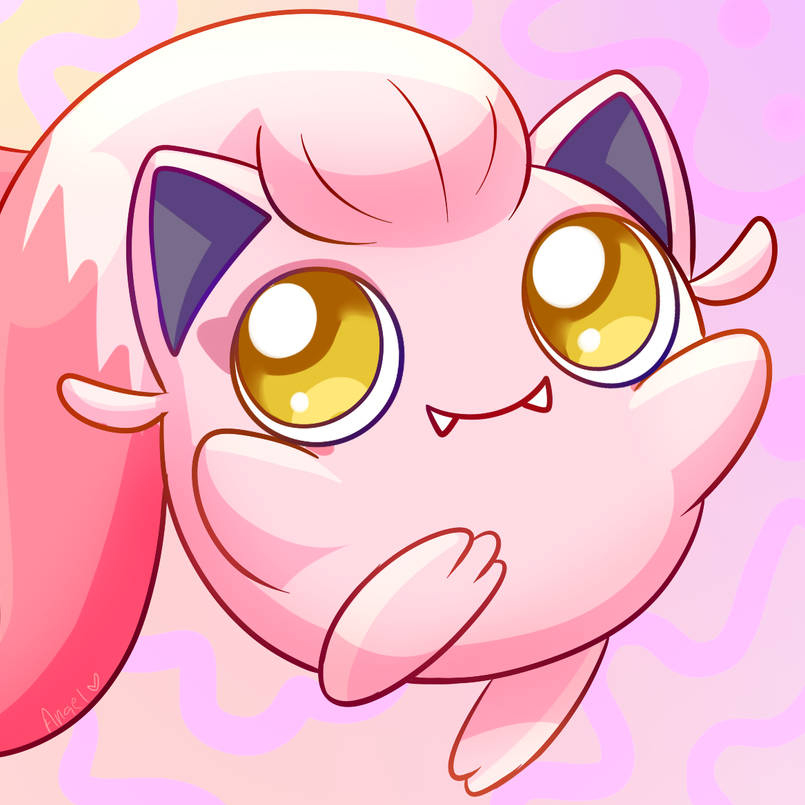Because the movie targeted families, it was especially criticized for the amount of in-movie product placement and advertising —an irony because real mall security officers protect “things,” but the end message of the movie is that the Mall Cop cares for the people inside the mall itself.
of course the foundational soy podcast My Brother My Brother and Me has a spinoff show where they watch PBMC 2 every year, straight up gaslighting themselves into thinking cops are lighthearted clowns and not the standard, painfully familiar private-property protectors: https://mbmbam.fandom.com/wiki/Til_Death_Do_Us_Blart
Security work is increasingly privatized under neoliberal governance, a trend that is not without controversy over legitimacy and ethics. Public interaction with and understanding of private security contractors is in part mediated by popular cultural representations. In particular, parodies of these organizations are significant for their ability to tell audiences what organizations and members are not. This paper examines representations of security work by looking at Paul Blart: Mall Cop as a parody that creates relief from official hierarchies of security using Bakhtinian carnival, by lowering security discourses to the level of the grotesque, non-professional body. However, parodies may also encourage public acceptance of privatization by showing private security workers to be more creative and efficient. Parodies of security work can serve as temporary relief from daily need to comply with security regimes, while also aligning privatized security work with discourses of professionalism and authority.
Blart's creative take-downs of the mall’s enemies include an air duct and a ball pit. These improvised solutions prove more effective than the lights, sirens, and intercom on his Segway. This success allows the audience to laugh at the inefficiencies of traditional modes for creating security, which can be viewed as slow and ineffective. Instead, the audience can root for a creative (private) security agent, who thinks on his feet and uses the resources at hand
the definition of neoliberalism, "traditional ways are outdated, we need fluidity and adaptability to disrupt the marketplace of cop praxis"
has anyone done a similar breakdown of "Don't mess with the Zohan".. recently rewatched it and was floored
I did an effort post on Zohan a few months ago I’ll see if I can find it.
It’s always cool when smart people can put into to the words the feelings I feel when I watch something but can’t explain why I think it’s “fucked up”. This is the type of shit I wish I could articulate rather than me just saying “shit is wack.”
“Observe and report” lays bare how much of a sociopath you need to be to actually want to be a cop.
I'm sure this is all correct and important, but Til Death Do Us Blart is easily my favorite podcast premise of all time.






